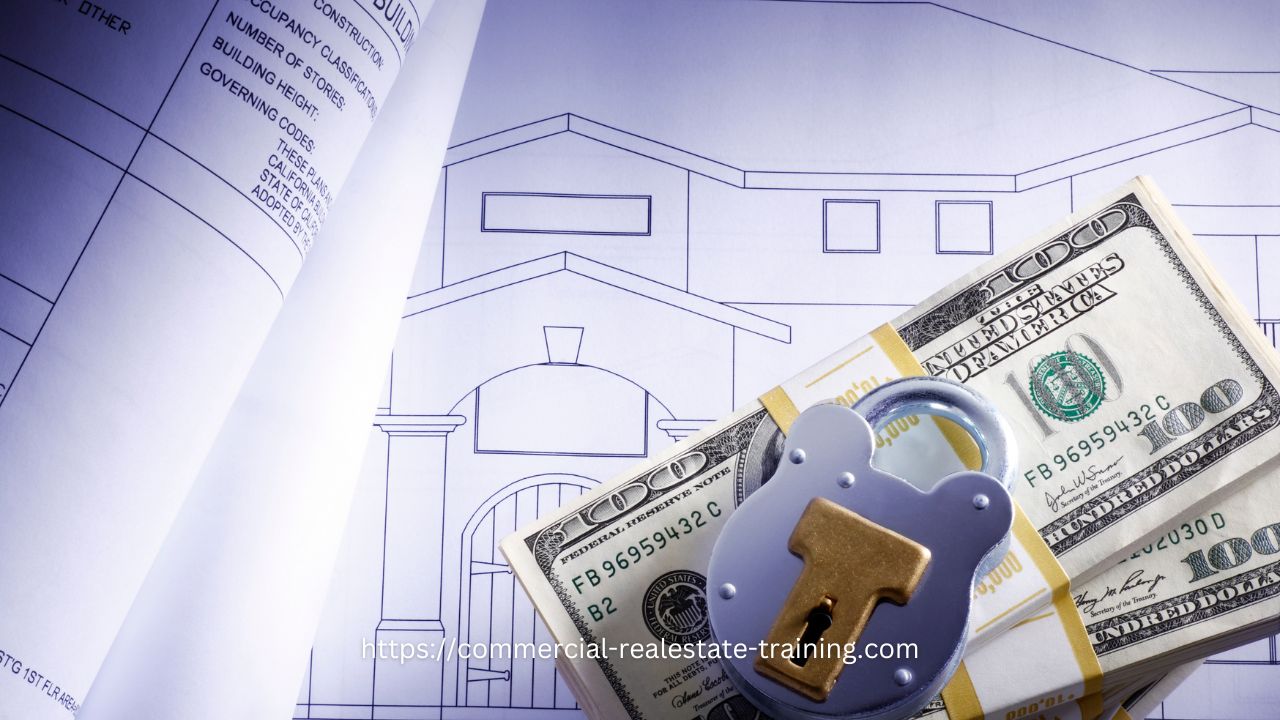The Tenants Guide to Security Deposits
Welcome to the oft-fraught world of security deposits, where landlords ask for a financial security blanket, and tenants pray they get it back. If the process feels more like a game of “security or scam,” don’t worry. We’ve got you covered with a practical guide to navigating security deposits like a seasoned tenant.
What Exactly Is a Security Deposit?
Think of a security deposit as the landlord’s insurance policy against tenant-related shenanigans. It’s a lump sum – often equivalent to a few weeks’ rent – that’s handed over at the start of the lease. If you leave the place looking as pristine as a Pinterest apartment board, you should get that deposit back (in theory). If not, you might end up funding your landlord’s new renovation project.
Security deposits are more than just a trust exercise, though. They’re often legally required, and each region or state has rules on how much can be charged, where the money must be kept, and how quickly it needs to be returned. Knowing the ins and outs of those rules can save you a lot of stress – and possibly some cash.

Why Do Landlords Ask for Security Deposits?
It’s not because they’re plotting to upgrade their kitchen on your dime (although some tenants might swear otherwise). Security deposits cover any damage beyond what the law considers ‘normal wear and tear.’ That loose doorknob? Probably fine. The hole punched in the wall because your IKEA dresser didn’t assemble itself correctly? Not so much.
Landlords also use security deposits as a buffer against unpaid rent. If a tenant vanishes like Houdini mid-lease or stops paying altogether, the deposit can soften the financial blow. In short: it’s a landlord’s way of saying, “I trust you… but only to a point.”

The Art of Moving In: Document Everything
Here’s a pro tip: When you move in, don your ‘crime scene photographer’ hat but for real estate (and, ideally, keep the selfies to a minimum). The moment you walk through your new front door, take photos of everything; scratches on the floors, chipped paint, crooked blinds, suspicious stains on the ceiling – is it water damage? Did someone’s blender explode? No matter what it is, take a snap. And don’t feel self-conscious about doing so – quality tenants are thorough and diligent, and a quality landlord will recognise that.
A condition report, if provided, will act as your official ‘before’ shot. Compare it with the photos you’ve taken; if something doesn’t line up, alert the property manager or landlord immediately. Think of it as your preemptive defense against future ‘that-wasn’t-like-that-when-I-moved-in’ conversations.
What Counts as Normal Wear and Tear, Anyway?
Ah, the age-old debate between tenants and landlords: what’s damage, and what’s just life happening? Think of it this way: worn-out carpets and minor scuff marks are like laugh lines on a face – they come with time. Regular cleaning can help maintain the state of your space. Be sure to vacuum, wipe down surfaces to avoid gunk and dust buildup, and use your kitchen range hood if possible when cooking to prevent other interior damage. However, leaving the apartment looking like it hosted a handful of mud-wrestling competitions? That’s on you.
Every jurisdiction interprets wear and tear differently, but the general rule of thumb is that gradual deterioration from ordinary use is fair game. Broken fixtures, stained carpets, or unauthorized painting projects? Those will likely cost you some – or all – of your deposit.
Getting Your Deposit Back: Timing Is Everything
When it comes to getting your money back, timing is key. Most landlords are legally required to return security deposits within a set timeframe—sometimes within two weeks, sometimes up to two months. (Yes, two months – both suspenseful and frustrating.)
The length of time landlords have to return a security deposit varies widely by region. In most U.S. states, it falls between 14 to 60 days. For example, California requires landlords to return deposits within 21 days, while Arkansas and Florida allow up to 60 days if deductions are involved. Some regions, like Washington D.C., mandate landlords to provide detailed itemized statements of any deductions to avoid disputes. In cases where deductions are unjustified, tenants can pursue compensation up to three times the original deposit in many states, signaling strong tenant protections in place to prevent misuse.
But don’t just pack up and leave without a plan. Schedule a final walk-through with the landlord or property manager before handing over the keys. Make sure everything is clean, repairs are made, and your documentation is in order. Bonus points if you leave the place smelling faintly of lemon cleaner – it may not guarantee a full refund, but it can’t hurt.
When Disputes Happen: How to Fight for Your Deposit
If a tenant feels their deposit has been unfairly withheld, mediation services or small claims court can help. In Virginia, for example, disputes over deposits are becoming more structured, with requirements for written communication and official documentation to support both landlords and tenants in disputes. Documentation is crucial – photos, maintenance logs, and written communications can significantly improve the chances of a tenant reclaiming their deposit in full.
Not every landlord is the trustworthy type. Some may try to hold onto your deposit over minor issues or invent ‘damages’ that conveniently equal the amount you handed over months ago. If this happens, don’t despair – prepare.
First, ask for an itemized list of damages and deductions. If things still smell fishy, escalate the issue by contacting a local tenants’ union or housing authority. Many regions offer dispute resolution services to help sort things out without dragging everyone into small claims court. If you’re attempting to navigate these choppy waters solo, you can find a wealth of free legal resources via platforms like Justicedirect.com.
Pro tip: Avoid threats of legal action as your opening move – it tends to make people… less cooperative. Start calm, end firm. The squeaky wheel gets the oil, but the polite wheel gets it faster.

Avoiding the Deposit Drama Altogether
If you want to avoid deposit disputes take these precautions:
● Read the lease thoroughly – Yes, all the boring bits. Look for sneaky clauses about cleaning fees or penalties
● Keep communication in writing – Verbal promises about deposits are about as reliable as an umbrella in a hurricane. Use email for everything
● Leave the place clean – ‘Move-out ready’ means it should look as if you’ve more or less never lived there (the ‘more or less’ specifically referring only to minimal and justifiable wear and tear)
The Takeaway: Don’t Let Your Deposit Vanish Into the Void
Getting your security deposit back shouldn’t feel like a high-stakes heist. The key is preparation – treat it like a strategy game. Play your cards right, document everything, and leave no room for ambiguity. Remember, your goal isn’t just to move out; it’s to move on – without your hard-earned money trapped in escrow limbo.








